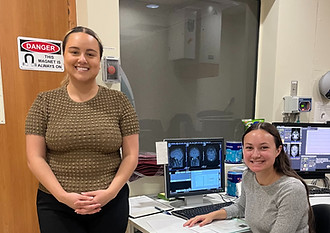ABOUT US
We're a dedicated group with over 50 years of combined developmental research experience. We come from diverse backgrounds with unique experiences and perspectives and are united by a shared passion for advancing scientific knowledge of risk and resilience in adolescent and young adult development.
We study risk and protective factors related to children's, adolescents', and young adults' physical and mental health. We examine biological, social, and personality processes as risk and resilience factors for developmental psychopathology and health risk behaviors. Our projects focus on self-regulation, self-system, and religiousness/spirituality as protective factors for health risk behaviors among normative samples of adolescents and for mental health problems among high-risk children with child maltreatment. Our most recent research project investigates adolescent brain development related to risk taking decision making and health risk behaviors (substance use and risky sexual behaviors).



